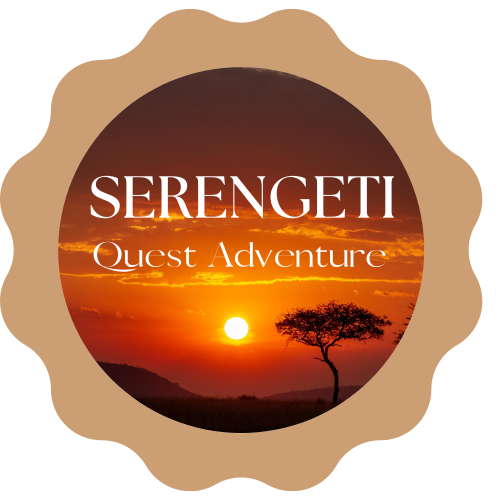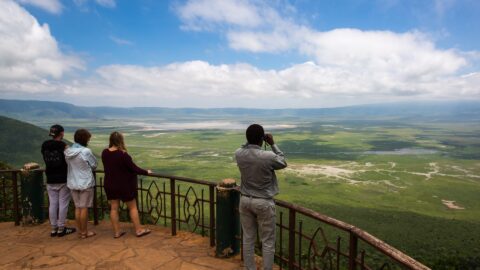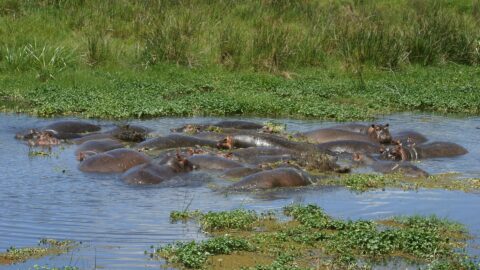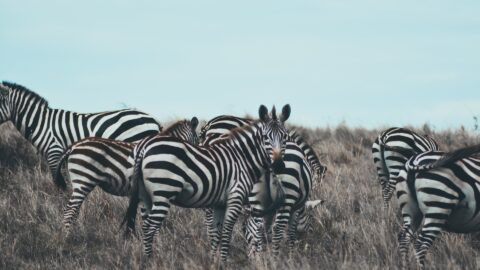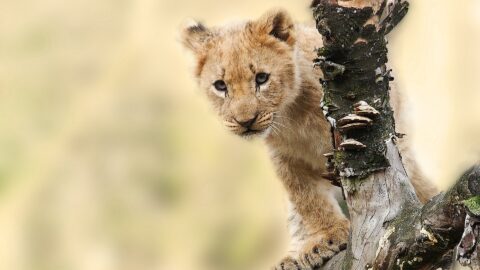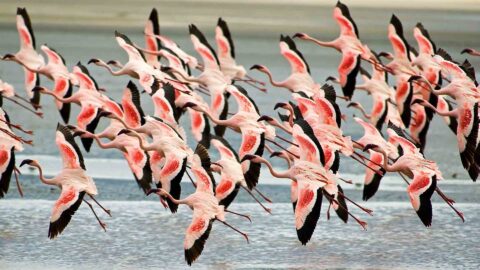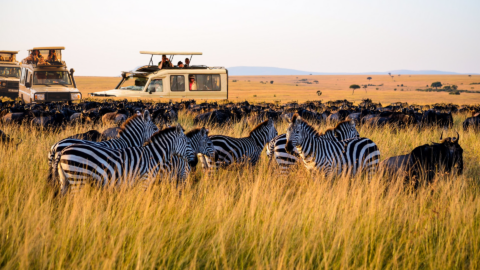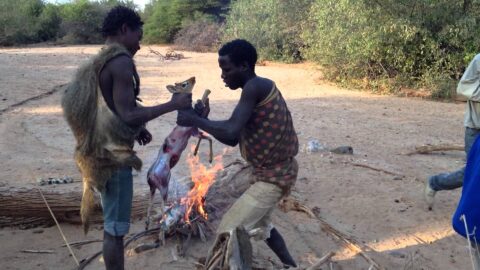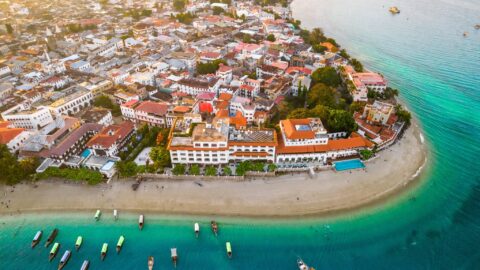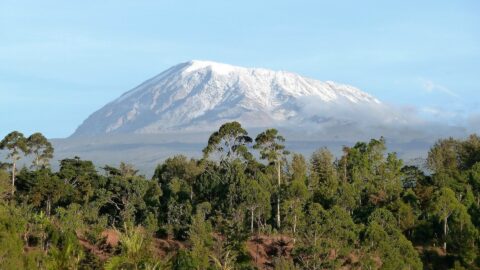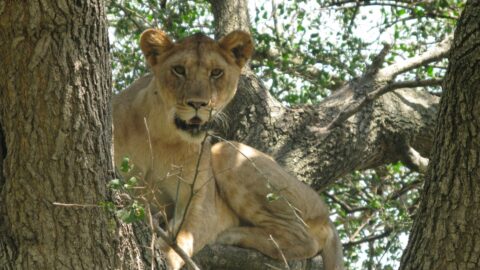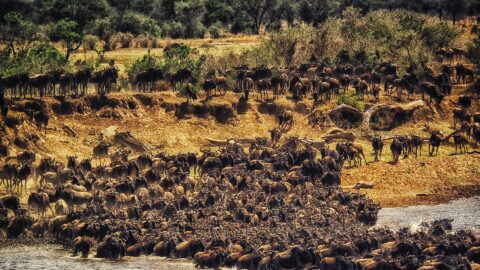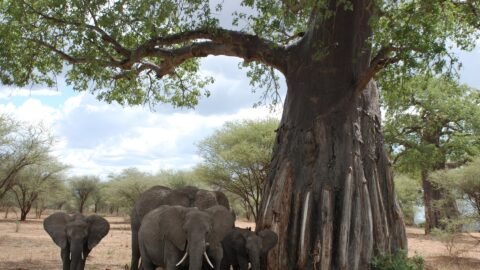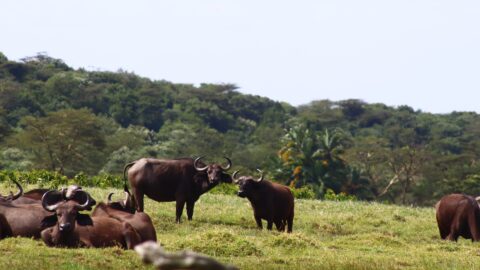Discover the Wonders of Ngorongoro
Explore Ngorongoro
Getting to Ngorongoro
Step 1
Fly into Kilimanjaro International Airport, the closest major airport, and take a scenic drive to the conservation area.
Step 2
Opt for a domestic flight to Arusha or Lake Manyara airports, followed by a short drive to Ngorongoro.
Step 3
Join a guided safari tour that includes transportation from major Tanzanian cities directly to Ngorongoro.
Best Time to Visit Ngorongoro
Discover the Ideal Seasons
Ngorongoro Conservation Area offers a unique experience year-round, but the best time to visit is during the dry seasons from June to October and December to February. During these months, the weather is mild and wildlife viewing is optimal, as animals congregate around water sources. The lush green landscapes after the short rains in November and the long rains from March to May provide a stunning backdrop for photography, though some roads may be challenging to navigate. Each season offers a distinct perspective on the area’s rich biodiversity and breathtaking scenery.
For those interested in witnessing the Great Migration, the months of June and July are ideal. The calving season from January to February is also a spectacular time to visit, as it attracts predators and offers a chance to see new life in the wild. Regardless of when you choose to visit, Ngorongoro’s temperate climate and diverse ecosystems ensure an unforgettable adventure.
Accommodation Options in Ngorongoro
- Budget: Simba Campsite – Offers basic amenities and a chance to connect with nature.
- Budget: Rhino Lodge – Provides comfortable lodging with a focus on sustainability.
- Mid-range: Ngorongoro Sopa Lodge – Features panoramic views and modern conveniences.
- Mid-range: Ngorongoro Wildlife Lodge – Known for its strategic location and cozy atmosphere.
- Luxury: Ngorongoro Crater Lodge – Offers opulent suites with breathtaking crater views.
- Luxury: The Highlands – Combines luxury with adventure in a unique dome-shaped design.
- Budget: Endoro Lodge – Offers eco-friendly accommodations with local charm.
- Budget: Crater Forest Tented Camp – Provides a rustic experience amidst nature.
- Mid-range: Ngorongoro Farm House – Combines comfort with a touch of history.
- Mid-range: Acacia Farm Lodge – Known for its warm hospitality and serene environment.
- Luxury: Neptune Ngorongoro Luxury Lodge – Offers exclusive suites with personalized service.
- Luxury: Entamanu Ngorongoro – Provides luxury tents with stunning crater views.
- Budget: Karatu Simba Lodge – Offers affordable rates with a focus on community support.
- Budget: Octagon Lodge – Provides a cozy stay with a personal touch.
- Mid-range: Tloma Lodge – Known for its beautiful gardens and tranquil setting.
- Mid-range: Kitela Lodge – Offers a peaceful retreat with modern amenities.
- Luxury: Sanctuary Ngorongoro Crater Camp – Combines luxury with an authentic safari experience.
- Luxury: Lemala Ngorongoro Tented Camp – Offers exclusive access to the crater rim.
Top Attractions in Ngorongoro
Ngorongoro Crater
Explore the world’s largest inactive volcanic caldera, home to diverse wildlife and stunning landscapes.
Olduvai Gorge
Visit the cradle of mankind, where some of the earliest human fossils were discovered.
Empakaai Crater
Hike to this serene crater, known for its beautiful lake and flamingo population.
Olmoti Crater
Enjoy a guided walk to this lesser-known crater, offering breathtaking views and a tranquil atmosphere.
Exciting Activities in Ngorongoro
Ngorongoro Conservation Area offers a plethora of activities for tourists.
Game drives: You can embark on thrilling game drives to witness the Big Five in their natural habitat.
Cultural Tours: For those interested in culture, visiting the Maasai villages provides an authentic experience of the local traditions and lifestyle.
Walking Tour: Hiking enthusiasts can explore the scenic trails around the crater rim, offering breathtaking views and a chance to spot unique flora and fauna.
Bird Watching: Bird watchers will delight in the diverse species found in the area.
Photographic: Photography aficionados can capture stunning landscapes and wildlife moments.
Visiting Olduvai Gorge: Don’t miss the opportunity to explore the archaeological sites at Olduvai Gorge, known as the cradle of mankind.
Google Map Direction
Google Maps provides the most convenient route from the iconic Arusha clock tower to the Ngorongoro entry gate, ensuring that your journey through this beautiful landscape is both efficient and enjoyable. With just a few taps, you can access clear, step-by-step directions that will guide you seamlessly along the way, allowing you to focus on the stunning scenery and the rich wildlife that awaits you at your destination. This essential tool not only helps you navigate but also enhances your overall travel experience to one of Tanzania’s most breathtaking locations.
Frequently Asked Questions - FAQs
Planning a visit to Ngorongoro Conservation Area? Here are some common questions and answers to help you prepare for your trip.
What is the best time to visit Ngorongoro?
The best time to visit Ngorongoro is during the dry season, from June to October, when wildlife viewing is at its peak and the weather is pleasant.
How do I get to Ngorongoro Conservation Area?
You can reach Ngorongoro by flying into Kilimanjaro International Airport and then taking a road transfer or a domestic flight to the nearby airstrips.
Are there accommodation options inside Ngorongoro?
Yes, Ngorongoro offers a range of accommodations from luxury lodges to budget-friendly campsites, all providing stunning views and easy access to the crater.
What wildlife can I expect to see in Ngorongoro?
Ngorongoro is home to the Big Five, including lions, elephants, rhinos, leopards, and buffalo, as well as numerous other species like zebras, wildebeests, and flamingos.
Can I visit the Maasai villages in Ngorongoro?
Yes, visiting Maasai villages is a popular cultural activity where you can learn about their traditions, dances, and crafts.
Is it safe to travel to Ngorongoro?
Ngorongoro is generally safe for tourists. However, it’s important to follow park regulations and travel advisories to ensure a safe and enjoyable visit.
Ngorongoro Conservation Area Packages
Related Top Destinations
Zanzibar Island
Zanzibar Island, also known as Unguja, is part of the Zanzibar Archipelago off the coast of Tanzania. It’s renowned for its stunning beaches, rich history, and vibrant culture. The island offers a unique blend of African, Arab, Indian, and European influences, making it a fascinating destination for travelers.
Kilimanjaro National Park
Kilimanjaro National Park is one of Tanzania’s most iconic destinations, home to Africa’s highest peak, Mount Kilimanjaro.
Lake Manyara National Park
Lake Manyara National Park stands out for its remarkable tree-climbing lions, large troops of baboons, graceful giraffes, vibrant greater flamingoes, diverse bird species, and the breathtaking landscapes of Lake Manyara and the Eastern African Rift Valley’s western escarpment.
Serengeti National Park
The Serengeti National Park, renowned for its rich biodiversity, serves as a vital habitat for a wide array of wildlife, prominently featuring the Big Five which includes lions, elephants, buffalo, leopards, and rhinos. Furthermore, the park is distinguished by the spectacular Great Migration, wherein more than 1.5 million wildebeest, alongside zebras and gazelles, journey across its expansive plains.
Tarangire National Park
Tarangire National Park in Northern Tanzania boasts the highest concentration of African elephants and the ancient baobab trees to mention few.
Arusha National Park
Arusha National Park in Tanzania is home to a variety of wildlife, including black-and-white colobus monkeys, giraffes, buffalos, elephants, and stunning landscapes, including Mount Meru and Momella Lake.
